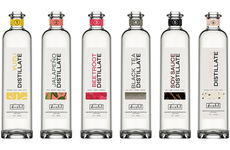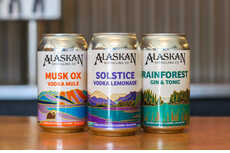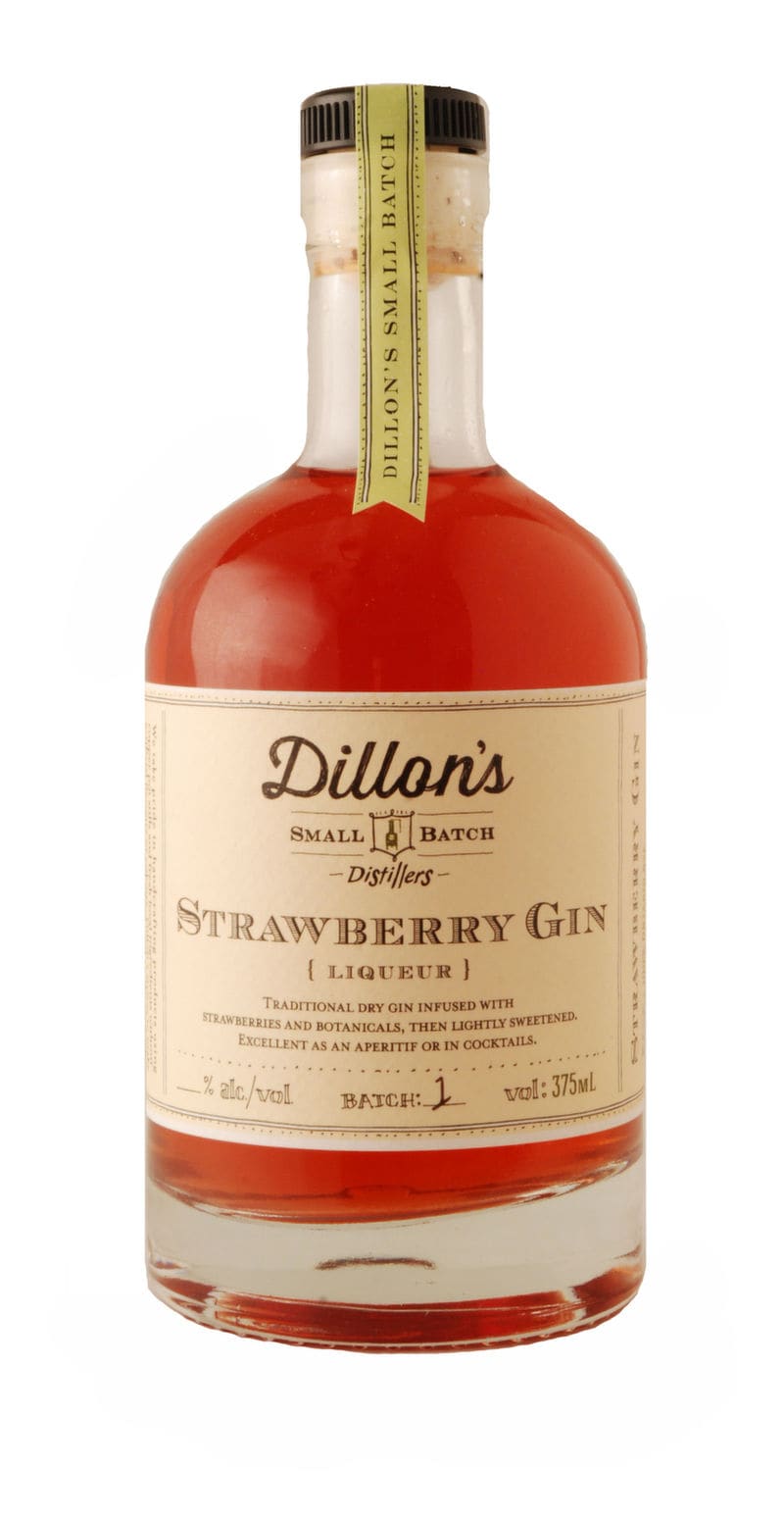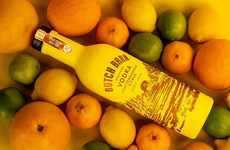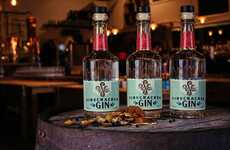
Dillon's Distillers Plays with Craft Spirits in Unique Flavors
Laura McQuarrie — November 17, 2014 — Lifestyle
References: dillons
Based in the Niagara region of Ontatio, Dillon's Distillers prides itself on being able to make a variety of craft spirits in small batches, which gives the distillery the freedom to experiment with a variety of unique flavors. The distillery's location plays a huge part in how the alcohol is flavored—with access to such a range of fresh local products sourced from neighboring farms, this ensures that there's less fuel and resources that are wasted. Sustainability is also another component of what makes Dillon's Distillers so unique since there is care taken to use rainwater during the distillation process, which cuts down on the distillery's carbon footprint.
Signature spirits include pure white rye crafted from 100% Canadian-grown rye, vodka made from local Niagara wine grapes, Rose Gin, Cherry Gin and Strawberry Gin, in addition to other fruit spirits like Pear Eau-de-Vie.
Signature spirits include pure white rye crafted from 100% Canadian-grown rye, vodka made from local Niagara wine grapes, Rose Gin, Cherry Gin and Strawberry Gin, in addition to other fruit spirits like Pear Eau-de-Vie.
Trend Themes
1. Craft Spirits - There is an opportunity for other distilleries to follow Dillon's Distillers and experiment with unique flavors in craft spirits.
2. Sustainability in Distilling - Distilleries can reduce their carbon footprint by using rainwater in the distillation process, which could become a new trend in the industry.
3. Local Sourcing - Distilleries can source their ingredients from local farms like Dillon's Distillers, providing a unique flavor profile while also supporting local agriculture.
Industry Implications
1. Craft Distilling - Distilleries can follow Dillon's Distillers model and experiment with unique flavor combinations in small batches, providing a niche product for customers.
2. Sustainable Distilling - Distilleries can prioritize sustainability in their operations, reducing their carbon footprint and appealing to eco-conscious consumers.
3. Local Farming - Farmers who grow ingredients for distilleries can benefit from selling their products locally, helping to create a thriving local agriculture industry.
1
Score
Popularity
Activity
Freshness





